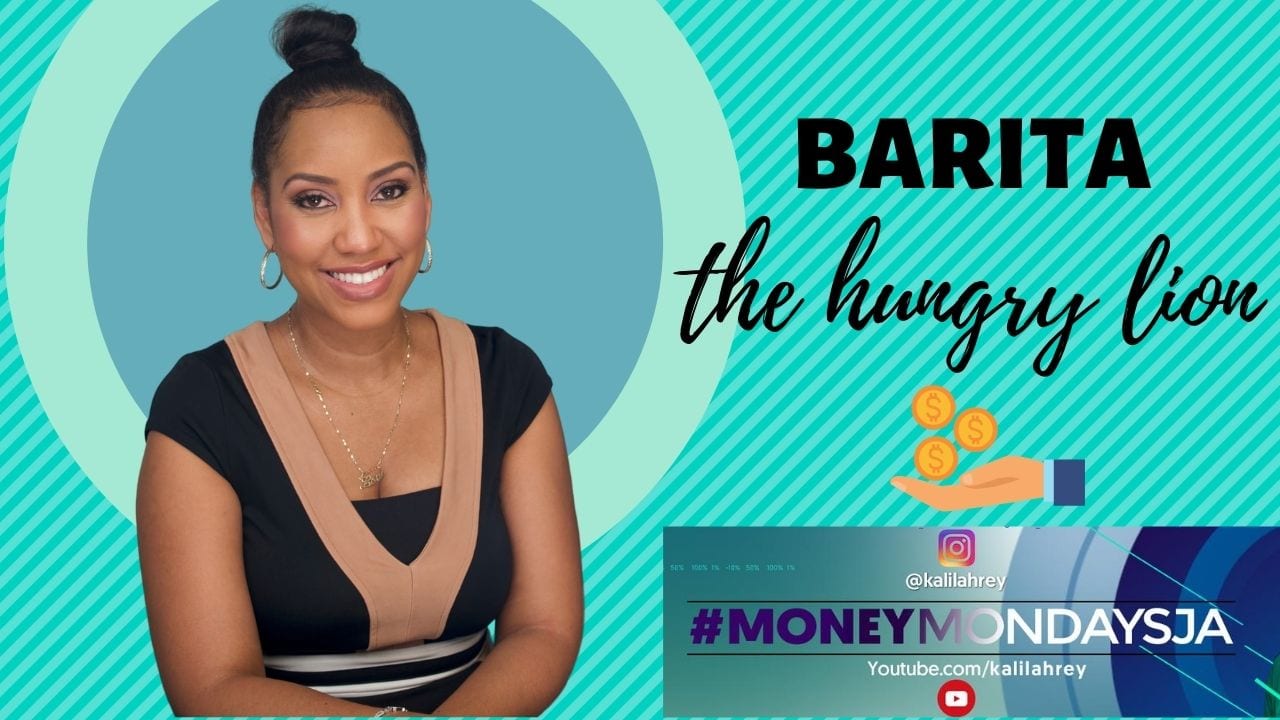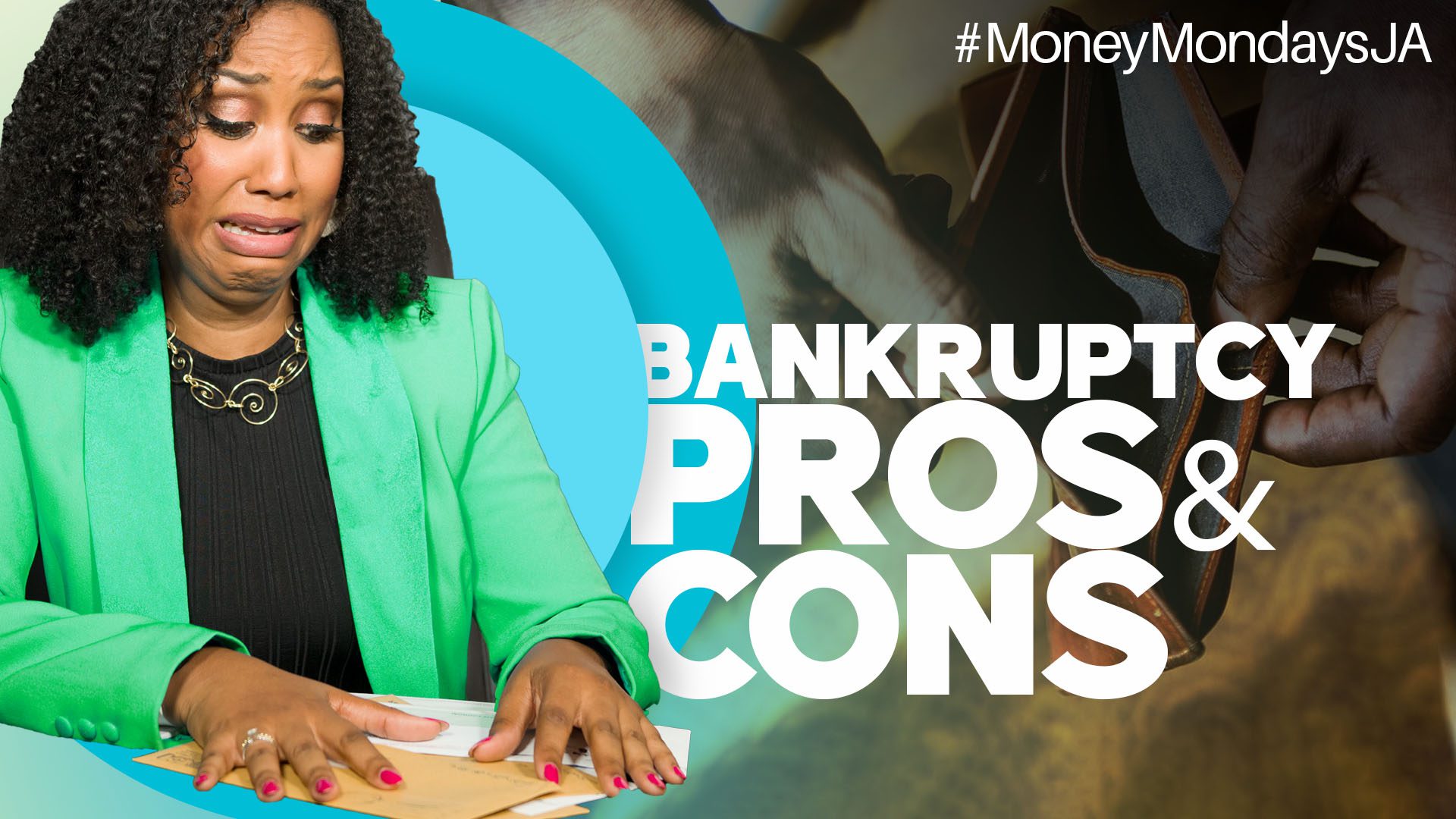Wouldn’t it be great if all of your bank transactions could be solved in five minutes or less? If only it was that easy. Covid may have forced us to migrate online, but that hasn’t necessarily been a smooth transition. And after one too many phone calls with customer service, you have to wonder, why is everything so complicated? Contrary to popular belief, banks don’t put customers through long wait times and paperwork just to annoy us. What we don’t see are the methods banks use to protect us and our money.
How Banks Prevent Financial Crime – Observer Version
By: Danielle Brown
Wouldn’t it be great if all of your bank transactions could be solved in five minutes or less? If only it was that easy. Covid may have forced us to migrate online, but that has not necessarily been a smooth transition. And after one too many phone calls with customer service, one has to wonder, why is everything so complicated? Contrary to popular belief, banks don’t put customers through long wait times and paperwork for the sake of being a nuisance. Customers often don’t see the methods banks use to protect them and their money. Unfortunately, protection comes at the cost of convenience.
Being inside for the past year with nothing better to do than watch TV or browse Netflix, you’ve probably stumbled on shows which discuss money laundering. Money laundering is the illegal process of making large amounts of money generated by a criminal activity, such as drug trafficking or terrorist funding, appear to have come from a legitimate source. The money is “washed” in order to appear clean, hence the term laundering. Generally, this involves depositing the money into a business or several businesses, masking its source by performing several transactions then withdrawing the money.
As a law-abiding citizen, you may be asking yourself what money laundering has to do with you and your bank account. While those are just TV shows meant for entertainment, money laundering and other financial crimes have been on the rise in real life. To combat this, governments have enacted Anti-Money Laundering or AML legislation – laws, regulations and policies created to prevent financial crime. You may be familiar with the term AML/CFT – Anti-Money Laundering and Countering the Financing of Terrorism. AML/CFT regulations are in large part the reason that banking in Jamaica is such a hassle. Anyone who has ever opened a bank account would be familiar with the most common policy: Know Your Customer (KYC). KYC are the steps taken by financial institutions to verify their customers’ identities. It’s the reason that you’re told to bring a utility bill with your name on it to verify your address when opening an account. AML/CFT legislation requires banks to oversee their customers’ transactions and report suspicious activity, which KYC can help them do. KYC requires new customers to indicate their source of funds and provide recent payslips, financial statements or even a work contract. This information allows banks to monitor where their customers’ money comes from, how much money the bank can expect to see coming in and how often. Based on that information, banks can identify irregular activity that may point to financial crime, and take action such as flagging the account, launching an internal investigation or alerting the authorities. Jamaica’s regulations are more rigorous because of the country’s reputation and involvement in the drug trade.
Financial institutions are also very interested in account holders who are also U.S. citizens. Several Caribbean nations such as St. Lucia, the Bahamas and the Cayman Islands have earned a reputation for being tax havens because their low tax regimes are favourable among foreigners. Before January 2019, international business companies or IBCs incorporated in St. Lucia had the option of either being tax exempt or paying 1% in taxes. Because individuals can use tax havens to not pay taxes to their home country, which is a crime, the United States enacted the Foreign Account Tax Compliance Act (FATCA). FATCA is an American tax law targeted towards U.S. citizens trying to evade their tax liability by hiding their money in foreign accounts. It requires financial institutions outside of the United States to report account holders who are U.S. citizens in order to ensure that they pay their American taxes.
FATCA, being an American law, has no jurisdiction in the Caribbean. However, the Caribbean has gained a reputation of being too lenient on financial crime. As of 2020, Jamaica, the Bahamas, Barbados and Trinidad and Tobago were named on the European Union’s money laundering blacklist. After making several improvements, Jamaica and Barbados have moved to the grey list in 2021. With a reputation like that, it wouldn’t be wise for our banks not to comply with FATCA because they would face restrictions. Therefore, even if we don’t have to, compliance is in our best interest.
Protection from financial crime doesn’t only happen when you start an account. It’s meant to last as long as you are an account holder at your bank. A few years ago for example, NCB required all account holders to register RSA tokens to their online banking profiles. What seemed like an unnecessary requirement at the time has proven to be a fail-safe in the event your online profile is hacked. Even before Covid, banks started to implement two-step verification for online banking. For NCB, customers are prompted to enter a 6-digit code generated by the RSA token in order to transfer funds outside of the customer’s NCB accounts. At Scotia, a code is sent via email or SMS when someone tries to log into your profile, and that code must be entered in order to gain access. Depending on your bank, you can change your account settings to receive alerts when someone logs into your profile or performs a transaction, even if it’s just you.
The next time you’re frustrated with your bank’s security measures, remember how safe your money is. The system isn’t perfect but it’s there to protect you.
Categories: MoneyMondaysJA
Audio Only
More #MoneyMondaysJA Episodes






Leave A Comment